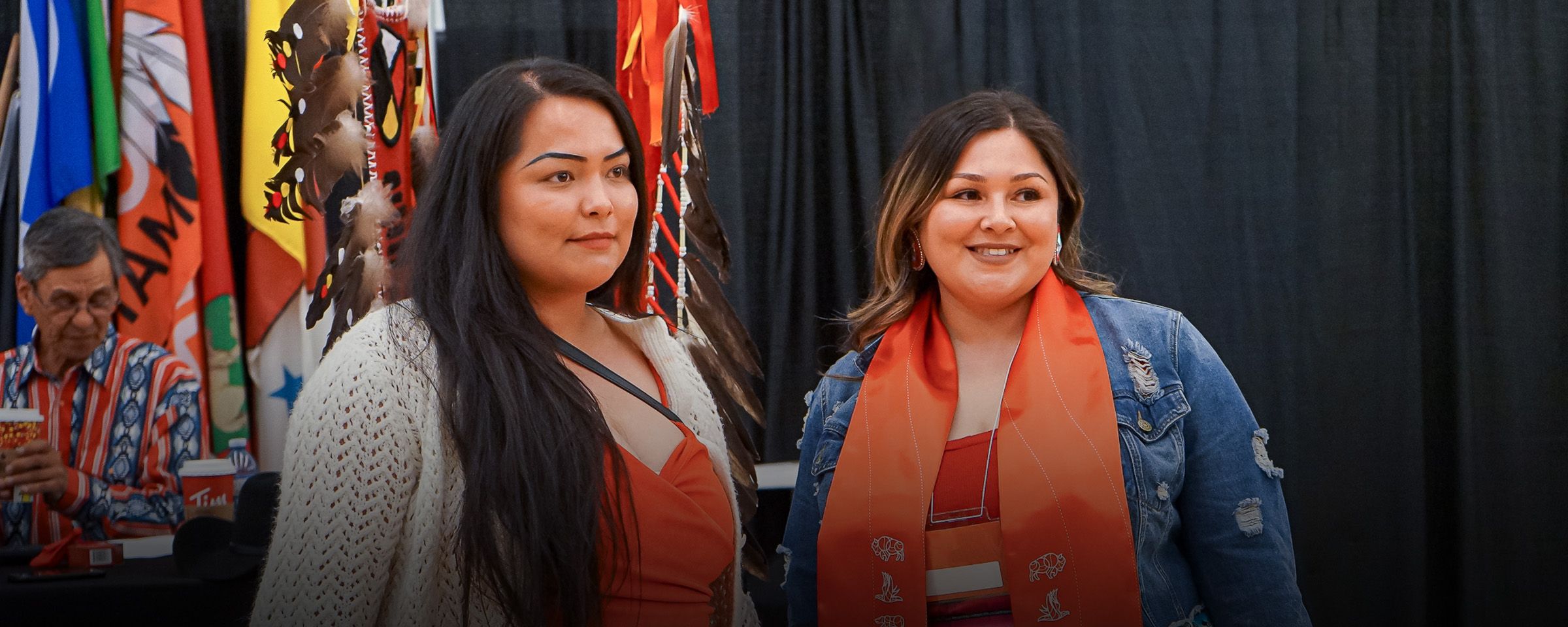Hide Tanning and Drum Making
Indigenous Education does not start in the classroom. It starts in connecting students to the real world, whether that be the traditional world or the academic world. It allows students to be successful in whatever path they choose to take in life, whether that means employment in an urban centre or returning back to their community to work on community driven projects.
Although traditional Indigenous people did not carry around beakers and journals, they were scientists. They understood and followed Natural Law. They understood and had biologists, chemists, archeologists, and botanists. They also understood and used astrology, and practiced conservation and land management. Often people hear the word traditional and they think that the information is outdated or not scientifically sound, however, the reality is that Indigenous knowledge and ways of being provide us with many of our modern medicines and knowledge of our physical environment. The form of tanning that the students learned does not use chemicals but rather parts of the animal. It’s important to understand that there may be quicker methods to tanning but they are harmful to the earth and to the humans working in that field. These students now have the knowledge to tan a hide, take care of the earth and themselves for future generations.
During the hide tanning exercise, students learned about Indigenous history, culture, chemistry, biology, and conservation. They honoured the animal that gave up its life for their learning. Although these animals may not be ones in our back yards, we have to remember that we are in their back yards so it’s important for us to learn to live with wildlife because we cannot live without one another.<
